Aid Blockade: 60,000 Malnourished Children in South Sudan Left Without Support
- by Muhammed, NAIROBI, RNG247
- yesterday
- 26 views
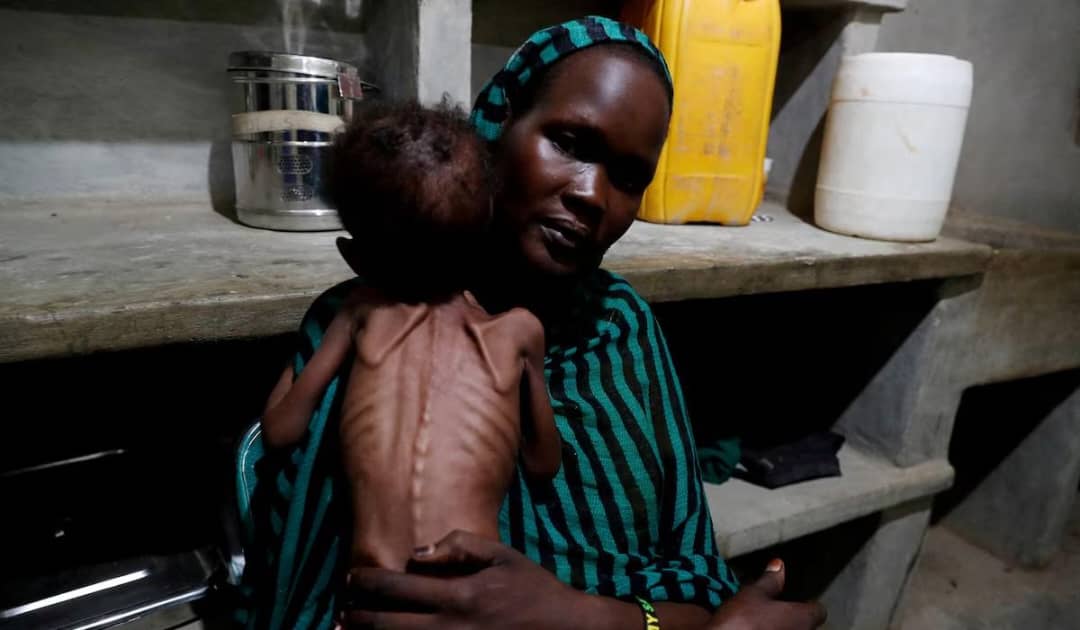
Ongoing clashes along the Nile River in South Sudan have led to a catastrophic halt in humanitarian aid, leaving over 60,000 malnourished children in the country's northeast without access to vital nutrition for nearly a month. This alarming development was revealed by two United Nations agencies on Thursday, which are sounding the alarm over the deepening crisis.
According to the United Nations World Food Programme (WFP) and UNICEF, the nutritional supplies destined for Upper Nile State—an area grappling with some of the highest malnutrition rates in the nation—are projected to be depleted by the close of May. "Children are already the first to suffer during emergencies. If we can't get nutrition supplies through, we are likely to see escalating malnutrition in areas already at breaking point," warned Mary-Ellen McGroarty, WFP's representative in South Sudan, in a joint statement.
The Nile serves as a vital transport route in South Sudan, particularly crucial in a country where paved roads are scarce and terrain is often treacherous, especially during the rainy season. This logistical challenge has been exacerbated by intensifying violence. While the agencies did not specify the nature of the fighting, tensions have surged between government forces and the ethnic Nuer militia, known as the White Army, disrupting the vital supply routes since March.
This escalation of violence has not only led to humanitarian crises but has also seen a political maelstrom, including the recent arrest of First Vice President Riek Machar. The United Nations has raised concerns that these developments could potentially rekindle the brutal civil conflict that plagued the nation until 2018.
In light of these security concerns, the agencies made the difficult decision to withhold pre-positioned supplies in health centers and warehouses, fearing they would be vulnerable to looting. "We have reluctantly taken the unprecedented step of holding back supplies for fear that they will not reach the children that so desperately need them, due to the ongoing fighting, looting, and disruption of the river route," stated Obia Achieng, UNICEF's representative.
As the humanitarian crisis deepens and the clock ticks down, the prospects for aid reaching those in desperate need appear grim. With tens of thousands of young lives hanging in the balance, the urgent need for a cessation of hostilities and safe passage for humanitarian efforts has never been more crucial.





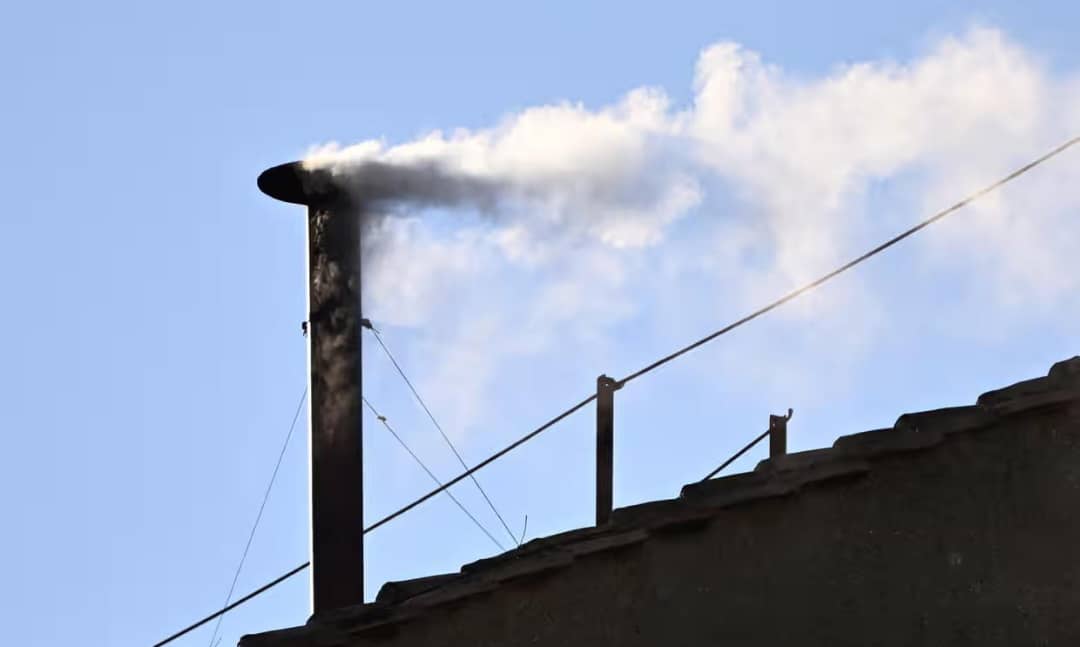


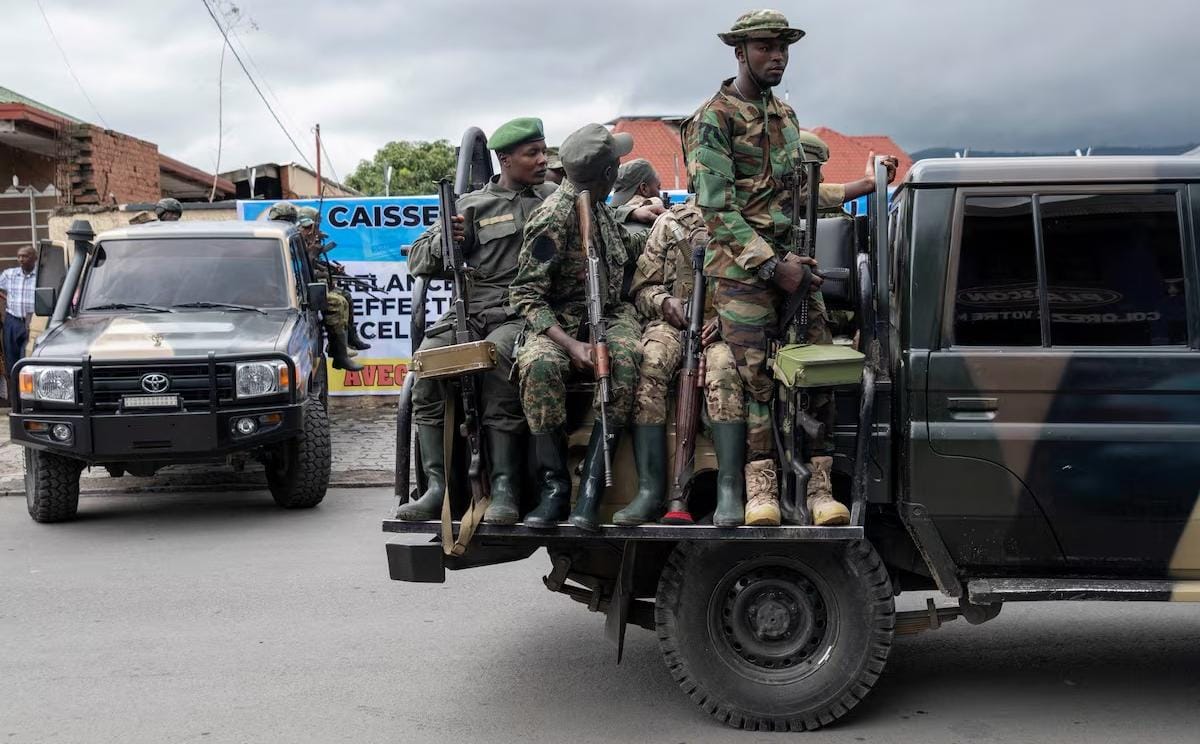


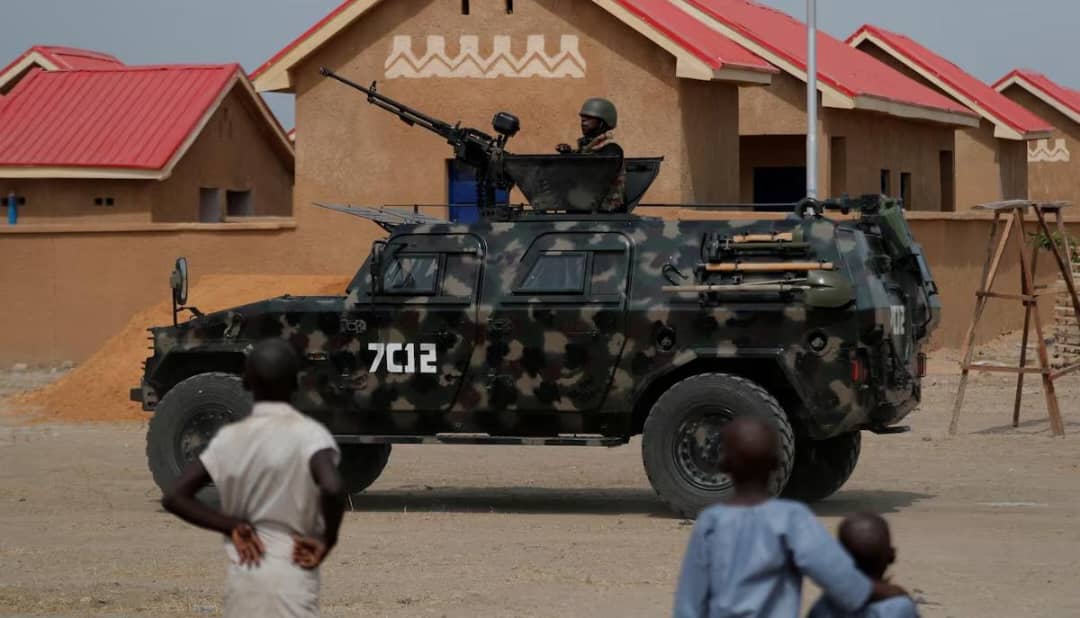
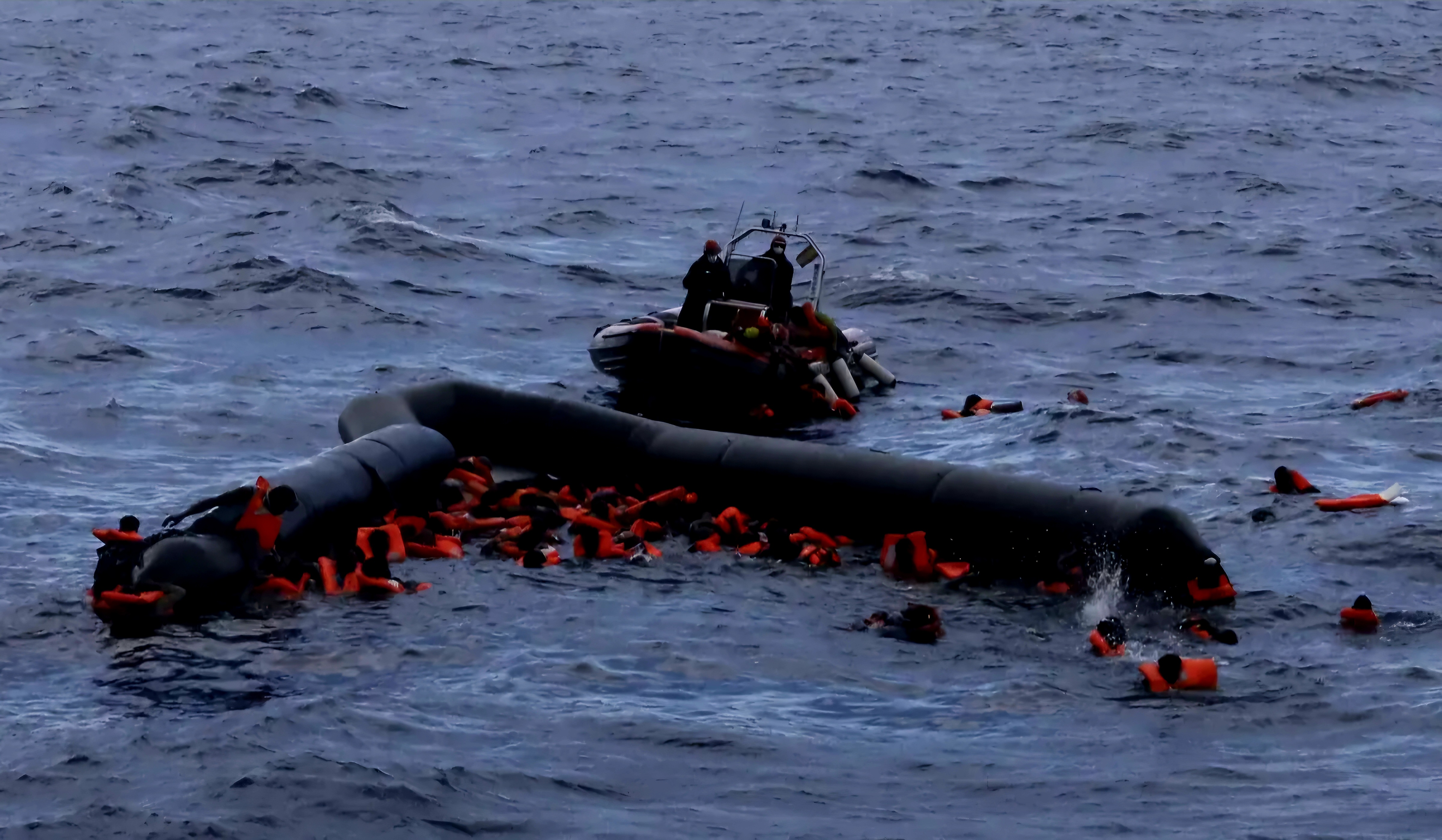
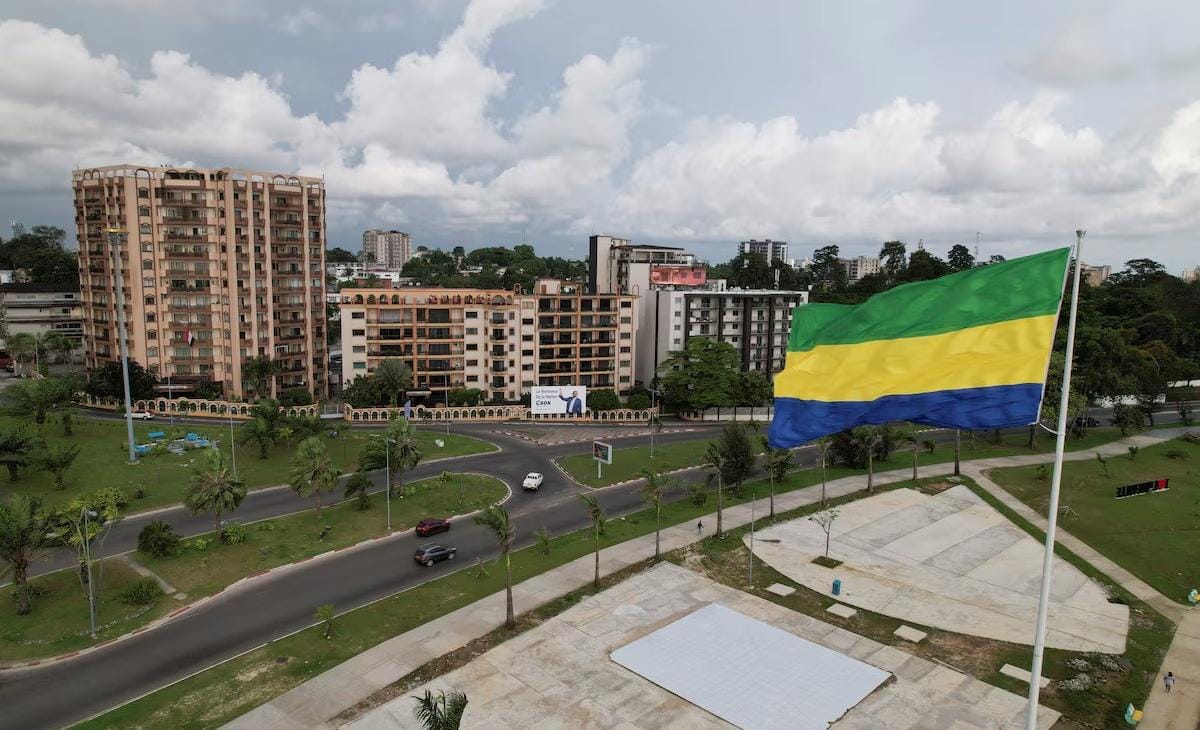


0 Comment(s)